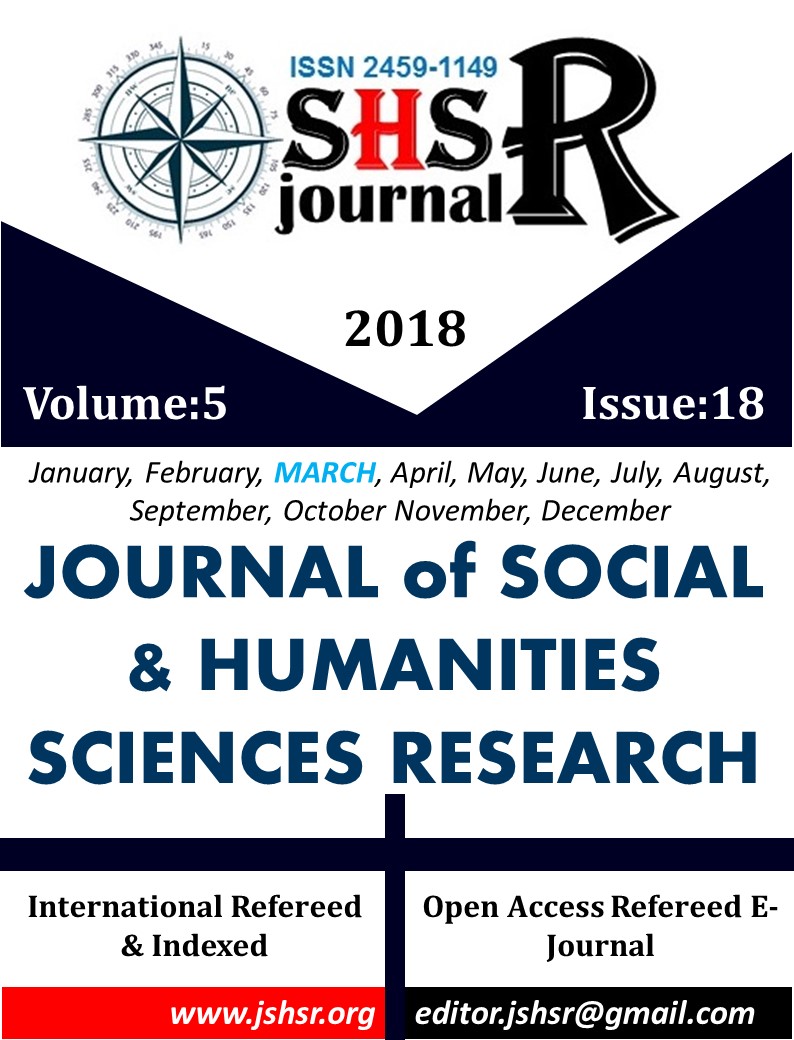MEASURING AND REPORTING OF INTELLECTUAL CAPITAL IN UNIVERSITIES WHICH ARE IN THE KNOWLEDGE ECONOMY
DOI:
https://doi.org/10.26450/jshsr.380Keywords:
Intellectual Capital, Information Economy, Reporting, Accounting Information SystemAbstract
In the 21st century, which is called information age, country economies are shaped by information-based growth models. The most important role in the production, dissemination and making of the information economically available belongs to educational institutions and especially universities. Universities are the most important resource to bring to the fore in such an environment, the quality and productivity of the academic staff they have. In addition to this, a well-organized management approach, continuous communication with the stakeholders and infrastructure opportunities make recreational universities a step forward. All of these abstract sources define the intellectual capital of the universities. It is very difficult to report intellectual capital elements (Human-Structural-Relational Capital), the abstract resources of universities, within the classical accounting information system. For this reason, various methods have been developed in many countries to measure and report the amount of intellectual capital in universities independent of the accounting information system. It is expected that the efficiency and performance measures of the universities will be made more healthier through the "Intellectual Capital Reports" to be prepared. However, it is considered that the inclusion of the measurement and reporting methods of intellectual capital reports into the accounting information system will lead to more beneficial results from the managerial point of view
Downloads
Published
How to Cite
Issue
Section
License
Copyright (c) 2018 INTERNATIONAL JOURNAL OF SOCIAL HUMANITIES SCIENCES RESEARCH

This work is licensed under a Creative Commons Attribution 4.0 International License.


